Available now!
UnSystem Toolkit: Foundations for Change Online Course
Give your team the opportunity to think about themselves, their roles, the agency, and its vision in new ways to help shift your system toward healing approaches that keep families safely together.
Advance through five, one-hour video modules and accompanying pre- and post-tests, Powerpoint slides, and a facilitator discussion guide covering these five fundamentals of change:
- Trauma 101
- Applying Trauma Informed Practices for Youth in Care
- What is an UnSystem?
- 10 Ways to Build Wellbeing
- How to Build an UnSystem
Use the Toolkit for new staff orientation, leadership team discussions, community and partner alignment, staff development, team retreats, or for your own self-guided learning. Each user will receive a certificate of completion once finished with all five modules.
Click "add to cart" above to purchase the toolkit individually. Each license is intended for one user and should not be shared with others.
The UnSystem Toolkit is hosted on the LMS platform Litmos, in partnership with Envesti Solutions. When you purchase the toolkit, you will receive an email from Envesti Learning with information on creating your account (make sure to check your spam/junk folder if you don't see it in your inbox). Toolkit content is accessible for one year from account activation.
Interested in your team or organization utilizing this tool? Contact us for more information on pricing for 10-500 users at info@aliainnovations.org.
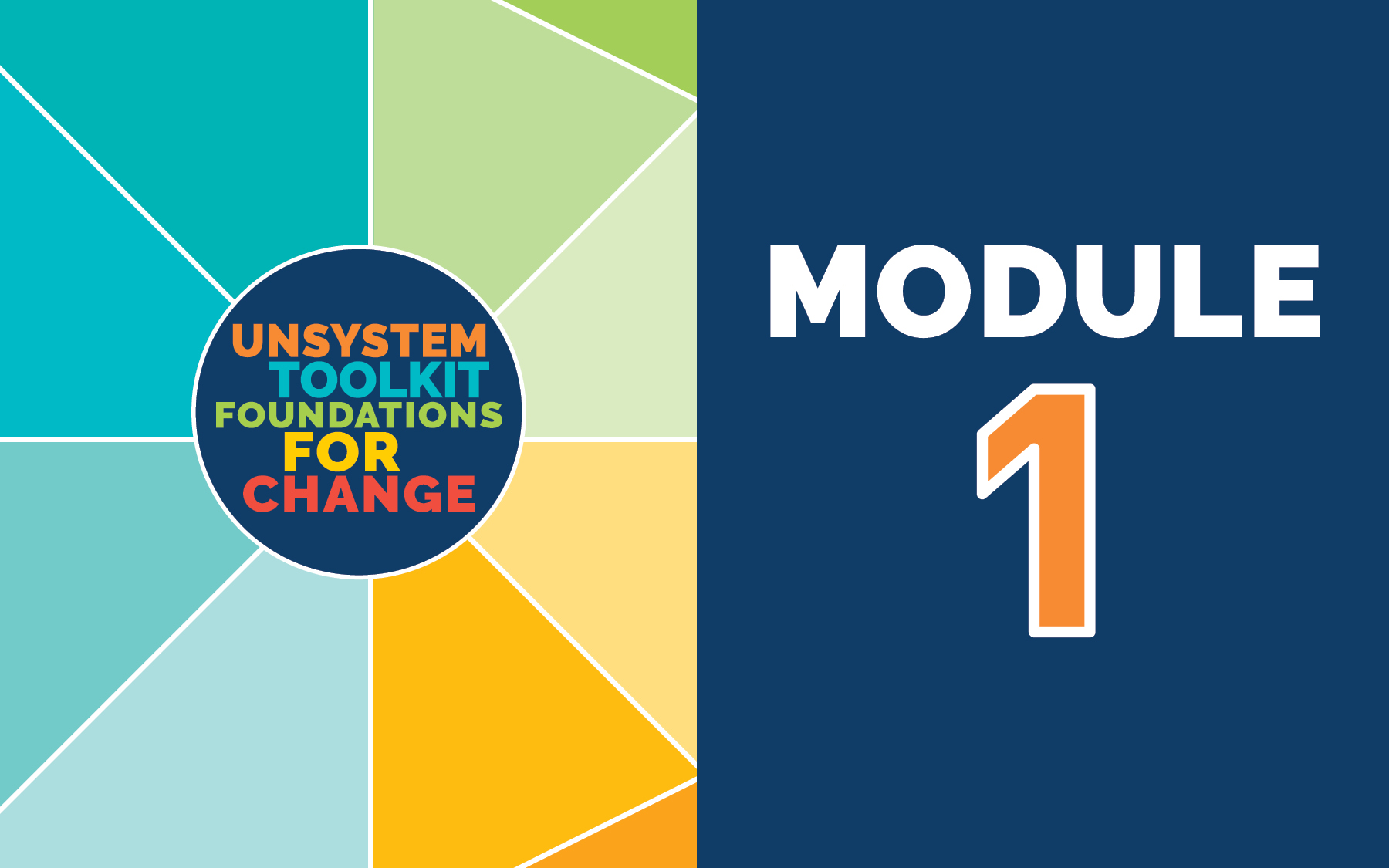
Trauma 101
Many child welfare agencies are “trauma informed”, but we need to be trauma competent. This module aims to help you build knowledge and then apply it, which will ultimately transform systems and create healing. Being trauma competent is an important shift in thinking that eliminates blame and moves toward healing. It will take fundamental shifts in the way we see families, the role of workers, based in our belief that it can indeed change. We’ll explore how we got to this place of inequity in child welfare, how each of us individually are complicit, and learn to show up in healing ways.
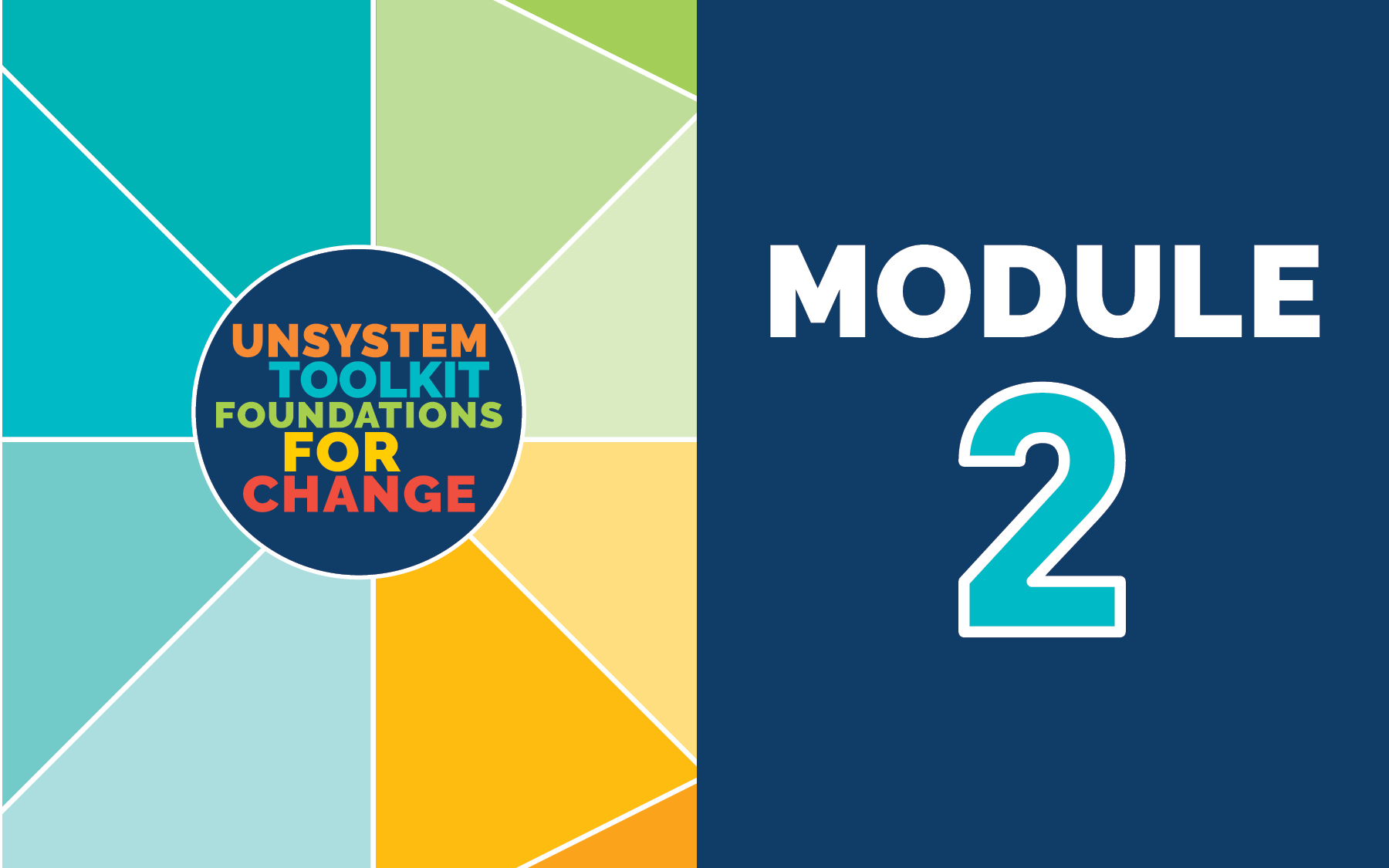
Applying Trauma Informed Practices for Youth in Care
Children and youth who are separated from their families and caregivers suffer from relational trauma; and without addressing this grief, loss, and trauma, children are less likely to form healthy relationships, leading to lifelong challenges. Through our research with the University of Minnesota Center for Advanced Studies in Child Welfare, we know what to do differently to change these outcomes. In this module, we look at practices and interventions for building trust and stability, youth's sense of self, and supportive connections to promote healing.
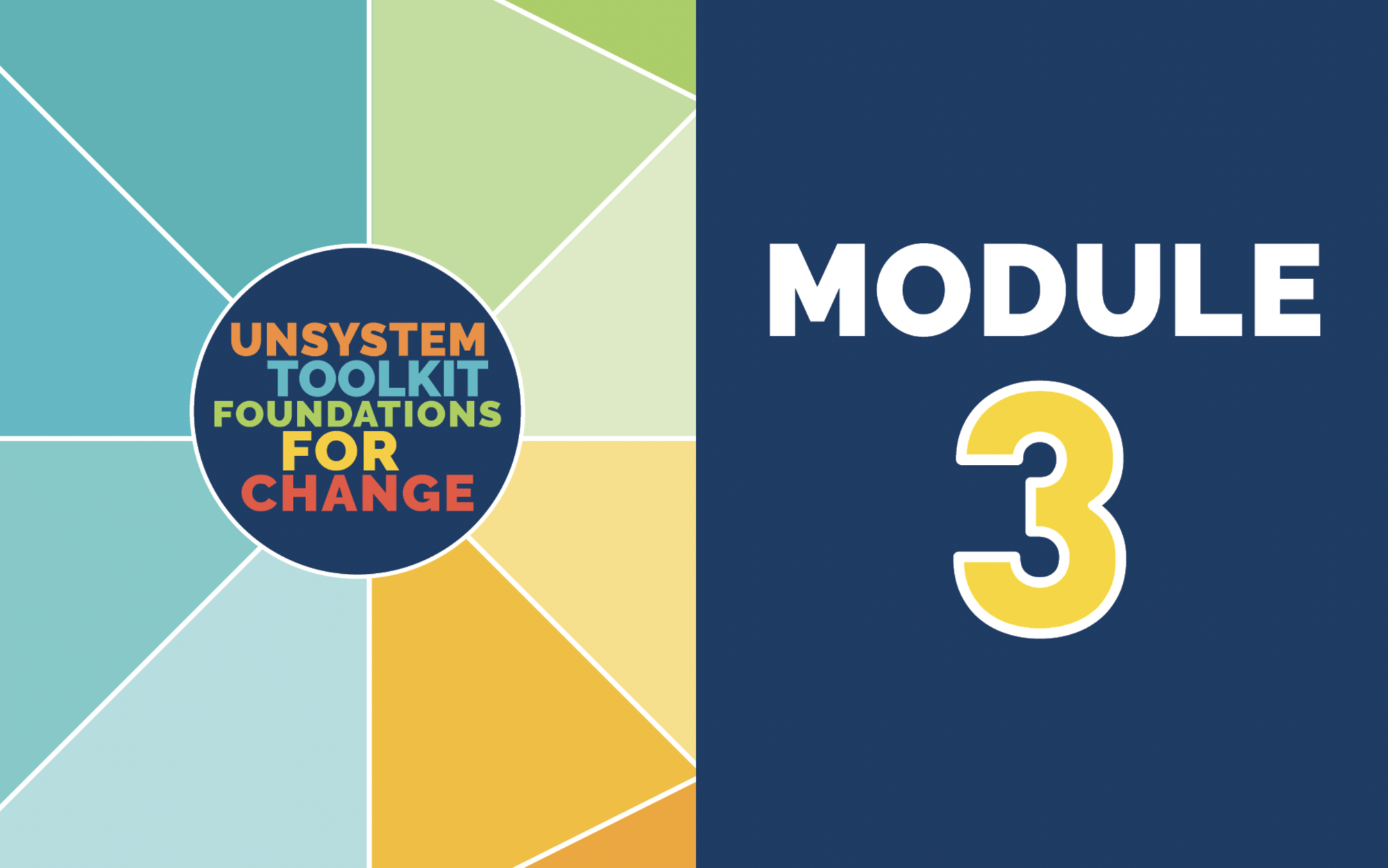
What is an UnSystem?
It takes time and intensely focused effort to lay the groundwork for the huge shift in mindset required to align system partners’ visions, engage in community-wide collaboration, create a shared language, and build the urgency to construct a prevention-based, family-driven system. This module introduces the concept of an UnSystem, building a framework for change, and provides strategies to promote family resilience and wellbeing
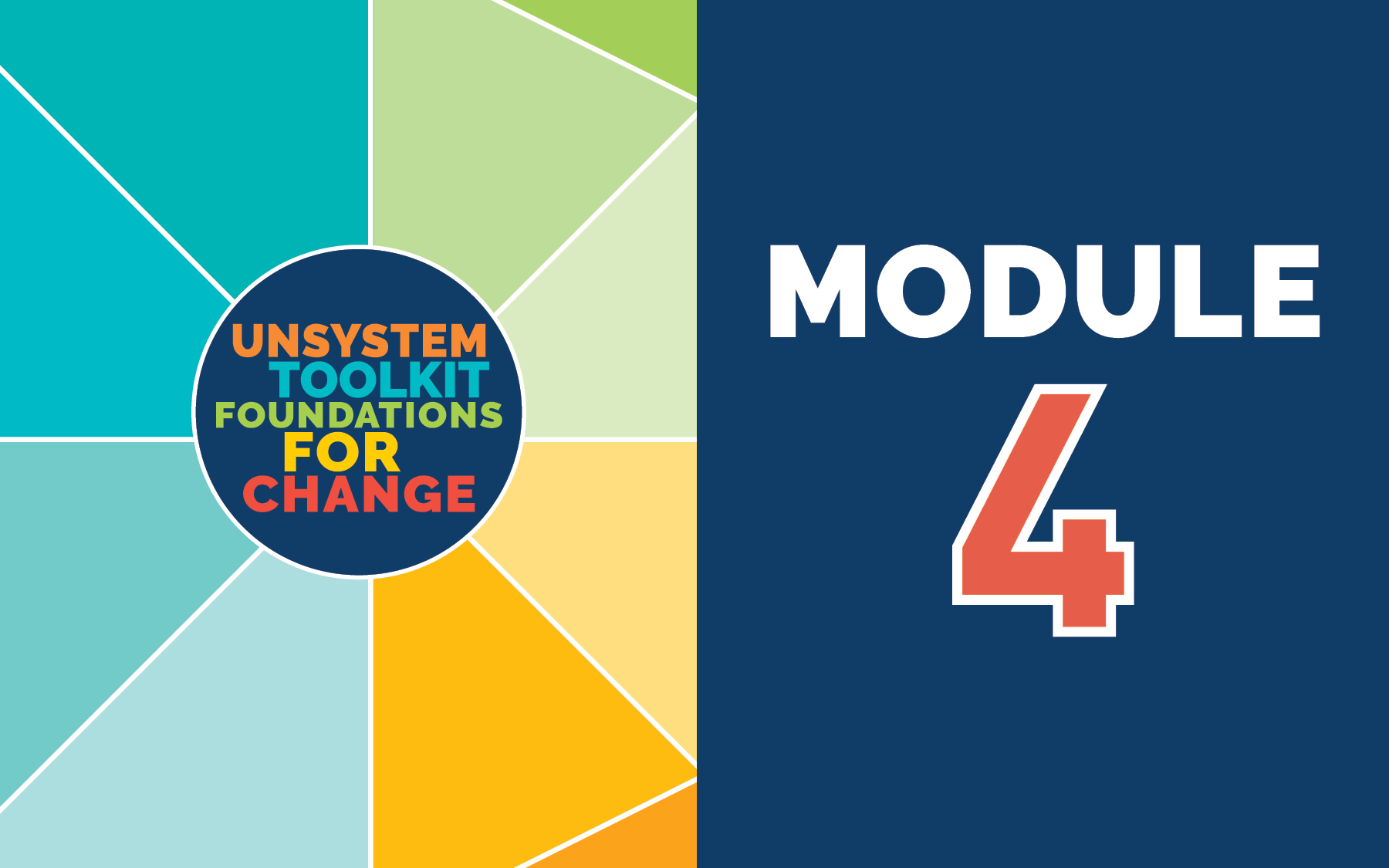
10 Ways to Build Wellbeing
Workforce wellbeing relates to all aspects of working life, from the quality and safety of the physical environment, to how workers feel about their work, their working environment, the climate and work organization. The aim is to make sure workers are safe, healthy, satisfied and engaged at work. The goal of wellbeing is not a thing we do, it’s who we are, and is embedded into every aspect of work culture. This module provides strategies for sustainable wellbeing practices and building a framework for wellbeing.
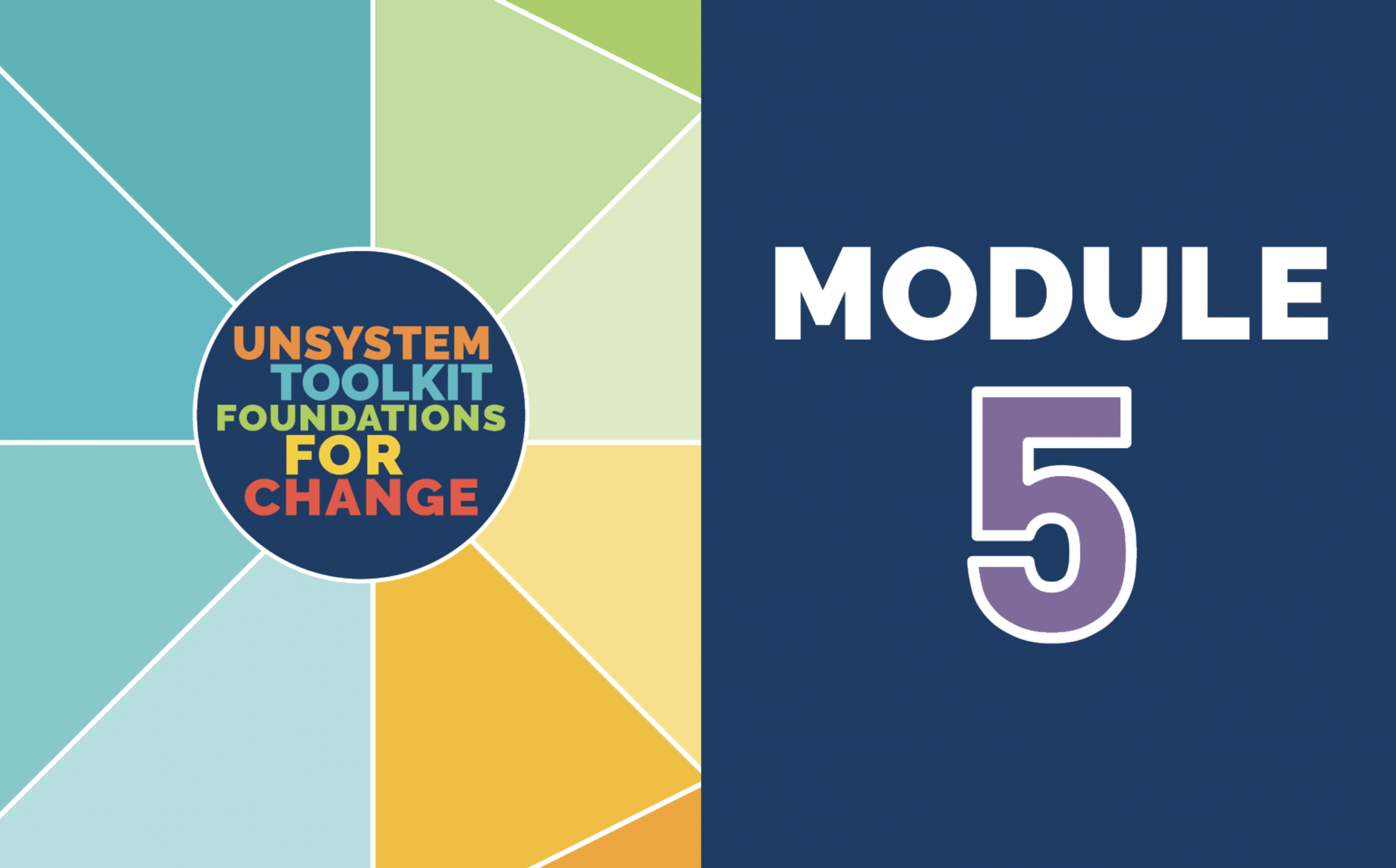
How to Build an UnSystem
Guiding change may be the ultimate test of a leader. While leaders can be invigorated and inspired to implement change and embrace the new way of work, they often misunderstand what it takes to bring it about. In this module, we talk through what to expect when implementing change, the role of a leader in the change process and effective ways to pushback.